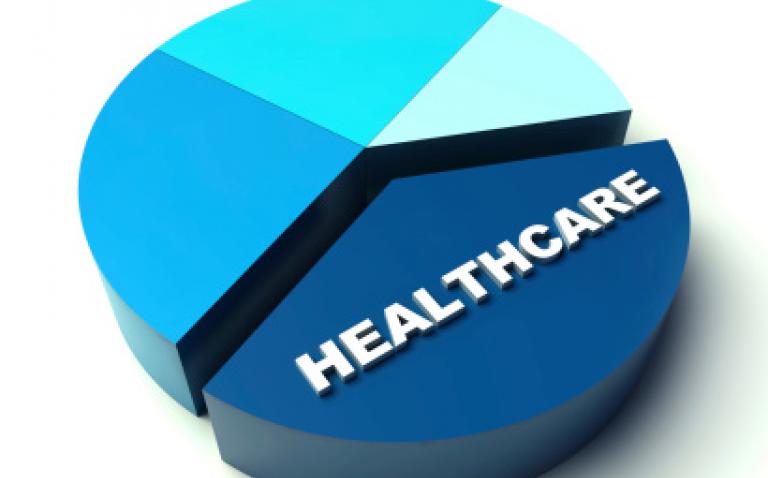Healthcare organisations could make drastic improvements to efficiency and reduce misdiagnosis levels through embracing mobile technology at all levels, Aruba Networks has claimed.
By 2025, it predicts, hospital systems are will be run primarily through the cloud rather than paper, accessed through mobile devices and fed by real-time data from a huge range of consumer mobile devices, including wearables.
Built on evidence from early adopters of this mobile infrastructure, it estimates that efficiency could be boosted by 50% with misdiagnosis reduced by three quarters, while helping to meet the ever-growing public expectations of the health service.
Aruba Networks predicts the following trends for the next decade:
- Hospitals to be 50% more efficient through the birth of the ‘mCloud’. The mCloud will be a centralised, secure hub used for storing patient information that is accessible anywhere and anytime across the globe. By having this tool, it will mean that medical records will be stored entirely on a private and secure cloud service, allowing staff to be fully briefed on any situation from any location.
- Reduce misdiagnosis by 75% through the partnership of real-time data and mobile technology. Through the use of mobile software and wearable devices, future hospitals will take average of real time data, including medical information. This data will allow for more accurate diagnosis, giving consultants greater visibility into a patient’s ailment and reducing misdiagnosis by over by over 75% through access to relevant symptom information.
- Deliver a truly paperless and wireless world driving better confidentiality and collaboration. Given the velocity of technology innovation in the last decade, it is a realistic prediction that the money spent on purchasing paper and document storage will reduce substantially. The progression in wireless working spaces goes hand in hand with the reduction of paper, yet gains in communication and collaboration as documents can be shared at the touch of a button.
- A customised and smart patient experience. For both patients and visitors, the hospitals need not be a place for long waiting periods. The hospital of tomorrow will be fully mobile, personalised and will resemble a modern day hotel. The development of ‘Smart rooms’ will allow for ease of interaction between patient and consultants, both in house and remotely. The use of mobile apps will allow patients to make appointments and even locate amenities within the hospital. Bed side care will be directly affected as tests such as X-rays can be shared in an instant with decisions on next steps being made much quicker than they are today.
Chris Kozup, Senior Director at Aruba Networks, said: “Mobile technology allows information to move more quickly, accurately and securely than is currently possible in the healthcare sector. We are already seeing organisations put mobile at the heart of their infrastructure, to the benefit of their staff, patients and visitors. With time, it will become the de facto model for the industry.”
Jason Scott, Senior Telecoms Engineer at Plymouth Hospital, added: “Mobile technology has clearly changed our working practices for the better: It’s easy to see the benefits it brings to staff and patients, and the return on investment is straightforward.”










